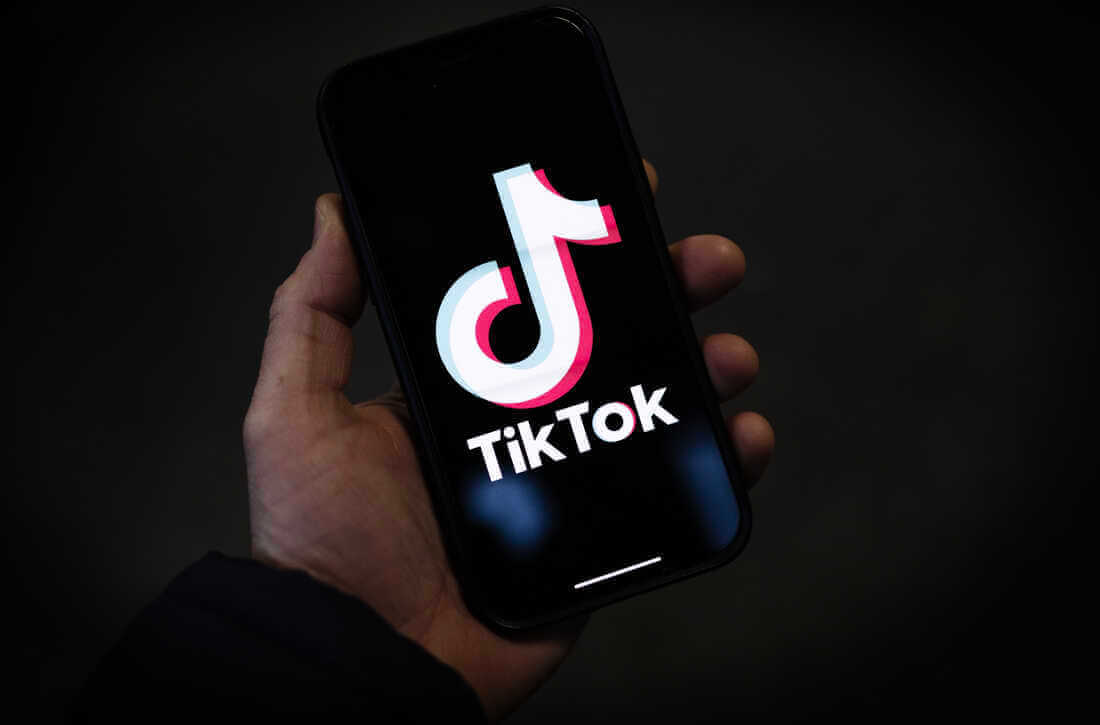A recent report by Fortune has once again shed light on popular social media app TikTok’s ties to the Chinese Communist Party, confirming deep ties between the two.
Shou Zi Chew, CEO of TikTok’s Chinese parent company, ByteDance has repeatedly assured of TikTok’s independence and upheld the narrative of operational autonomy. However, interviews of 11 former employees published by the US-based business magazine paint a different picture.
New Revelations
Former employees, speaking on condition of anonymity due to concerns about potential retaliation, allege that TikTok’s operations were closely intertwined with ByteDance during their tenure. This includes the sharing of user data with Chinese counterparts, raising concerns about privacy and national security.
One former senior data scientist, Evan Turner, revealed that despite TikTok’s announcement to store US user data exclusively within the country, he continued to collaborate with a ByteDance executive in Beijing. He asserts that this data comprised the names, email addresses, IP addresses, and geographic as well as demographic details of TikTok users in the US. The objective was to analyse this data to uncover insights, such as the regions where users predominantly viewed videos of specific genres, and strategize investments to enhance user engagement.
“I literally worked on a project that gave US data to China,” Turner told the magazine. “They were completely complicit in that. There were Americans that were working in upper management that were completely complicit in this.”
Today's article from @iamsternlicht is factually inaccurate.
— TikTok Policy (@TikTokPolicy) April 15, 2024
Facts matter.
FACT: Our secure environment for protected U.S. user data was isolated in January 2023 and is overseen by USDS personnel. After that point, new protected U.S. user data was inaccessible to anyone outside…
Furthermore, allegations suggest that internal software systems, such as the messaging platform Lark, were shared between TikTok and ByteDance, potentially exposing sensitive information to Chinese oversight.
The company’s efforts to distance itself from ByteDance, such as Project Texas aimed at safeguarding user data, have been called into question by these disclosures. While TikTok maintains that it has implemented measures to protect user privacy, former employees argue that these initiatives have fallen short.
Past Troubles
In February, the White House gave federal agencies a 30-day deadline to delete the TikTok from all government devices. The ban came after the US Congress ordered a similar ban in December. It also follows similar actions taken by the governments of Canada, the EU, Taiwan, and more than half of the states in the US.
Credibility
The revelations have reignited concerns about TikTok’s compliance with data security regulations and its transparency regarding its ties to China.
Despite TikTok’s staunch denials and attempts to project independence, the testimonies of former employees cast doubt on the company’s claims. As regulatory scrutiny intensifies and public distrust grows, TikTok faces mounting pressure to address these allegations and restore confidence in its operations.

